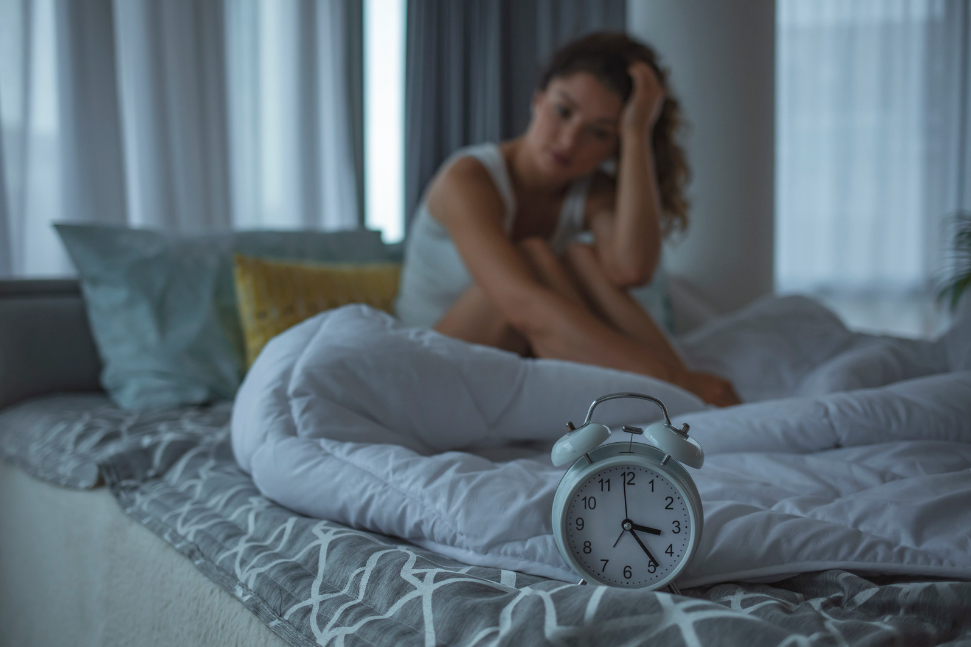Must Know: The microbiome is the mixture of microorganisms living in your gut. This includes a variety of bacteria, viruses, fungi, protozoa, and their genetic makeup. Every human has a microbiome, but the level of diversity differs.
What's Important: From this study, the diversity and makeup of the microbiome could be the result of getting sufficient sleep on a regular basis. It’s been known for some time that the gut and brain are connected, especially as a lot of the serotonin, as well as many other neurochemicals in our bodies, are made in the gut, not the brain.
Why Does It Matter?: Sleep is the bedrock of good health. One of the researchers, Jaime Tartar, Ph.D., stated:
“Getting a good night’s sleep can lead to improved health, and a lack of sleep can have detrimental effects. We’ve all seen the reports that show not getting proper sleep can lead to short term (stress, psychosocial issues) and long-term (cardiovascular disease, cancer) health problems. We know that the deepest stages of sleep is when the brain ‘takes out the trash’ since the brain and gut communicate with each other. Quality sleep impacts so many other facets of human health.”
Since sleep is so important to human health, they wanted to examine if poor sleep impacted the microbiome.
And it looks like it does.
The Details: To conduct this study, participants wore a special watch that tracked multiple vital signs while they slept. Measuring these vitals helped the scientists determine the quality of their sleep. After the sleep trials, they would test their gut microbiome for diversity.
Here’s what they found:
- Those who slept well tended to have a more diverse microbiome (which is deemed as better or healthier)
- Those who didn’t sleep well had a less diverse microbiome (which seems to correlate with negative health markers such as disease and higher stress levels)
What To Know: This study was limited to men only, so the same findings cannot be certain for women. However, previous studies from the same group showed sleep loss increases inflammation in young women, so they expect similar results would be seen in women as well.
What Can You Do With This Information?
Practical Application: A healthy microbiome is influenced by the diet [1]. One of the ways is through eating fermented foods, which supply probiotics (good bacteria) to the gut. Examples of these foods are:
- Kimchi
- Cultured yogurts and cheeses
- Sauerkraut
- Kefir
- Kombucha
- Pickles
Check out our SleepBiotic™ supplement for gut health.
To get a sufficient amount of sleep, there are multiple factors at play, but here are the most important things to keep in mind:
- Maintain Good Sleep Hygiene
This simply means to keep a regular sleep schedule and routine. Aim to go to bed and wake at the same time every day — yes, even weekends. When you train your body to stay in sync with sleep and wake cycles, it naturally falls into the rhythms that are most natural for humans waking up with the sun and falling asleep when it gets dark.
- Avoid caffeine later in the day
We are big fans of caffeine for a cognitive boost, but it's best to use it earlier in the day. You'll want to avoid using it 6 hours before it's time for bed, but if you're sensitive, you might consider keeping it to the morning hours only.
- Supplement with magnesium
Most people are deficient in this mineral, but it's ultra helpful for relaxation and getting to sleep easier. Make sure you check out MagTech™ as it contains the 3 best forms of magnesium for promoting healthy, deep, restful sleep.
Also check out our ZEN Magnesium Gummies for calm and stress relief.
[1] https://www.ncbi.nlm.nih.gov/pmc/articles/PMC5385025/
Resource: https://journals.plos.org/plosone/article?id=10.1371/journal.pone.0222394











